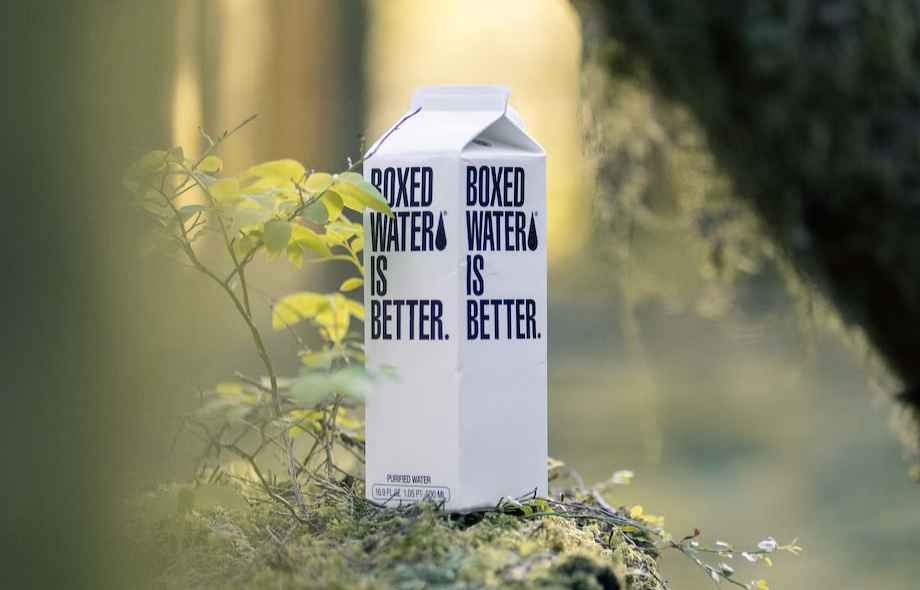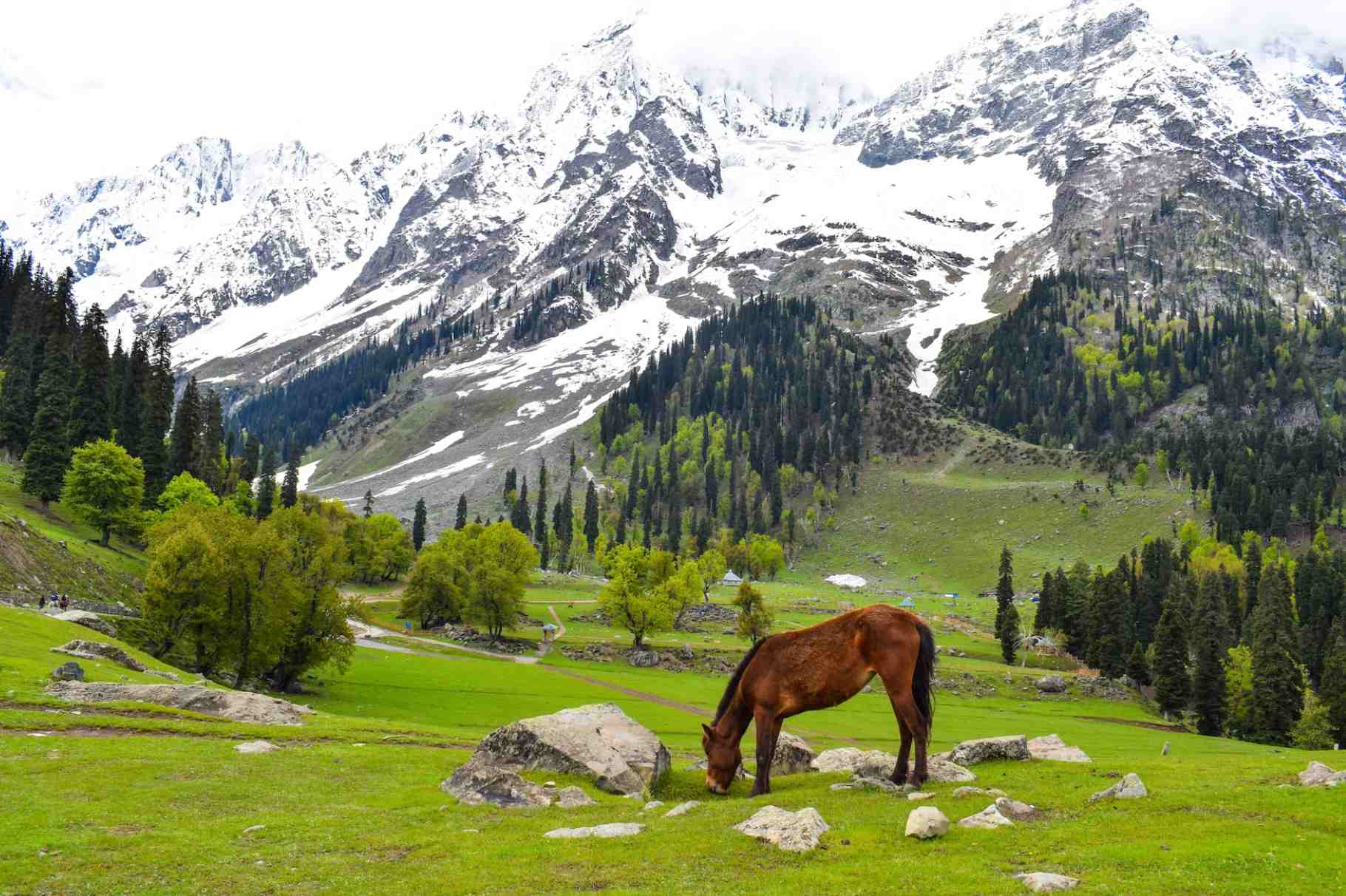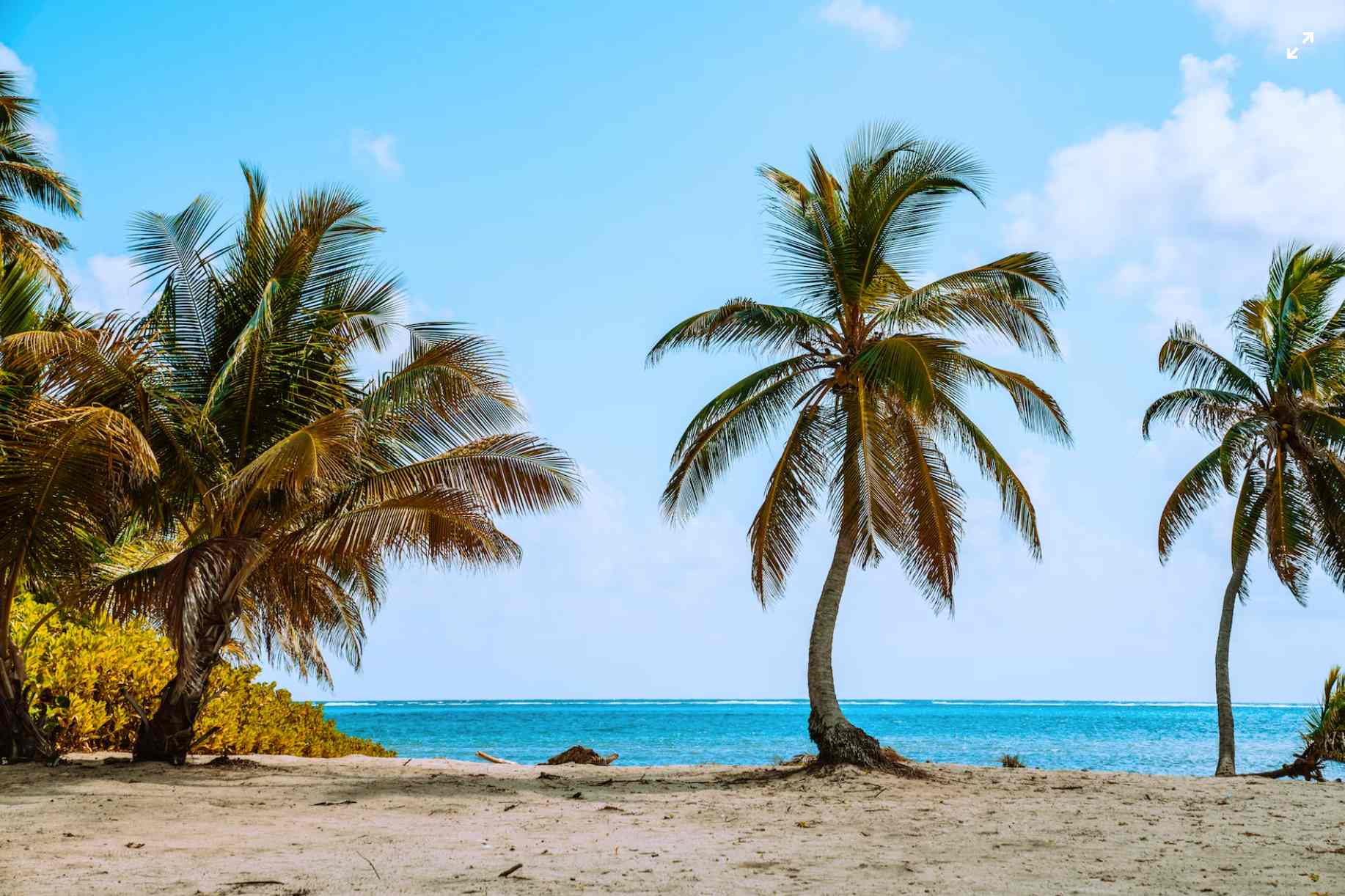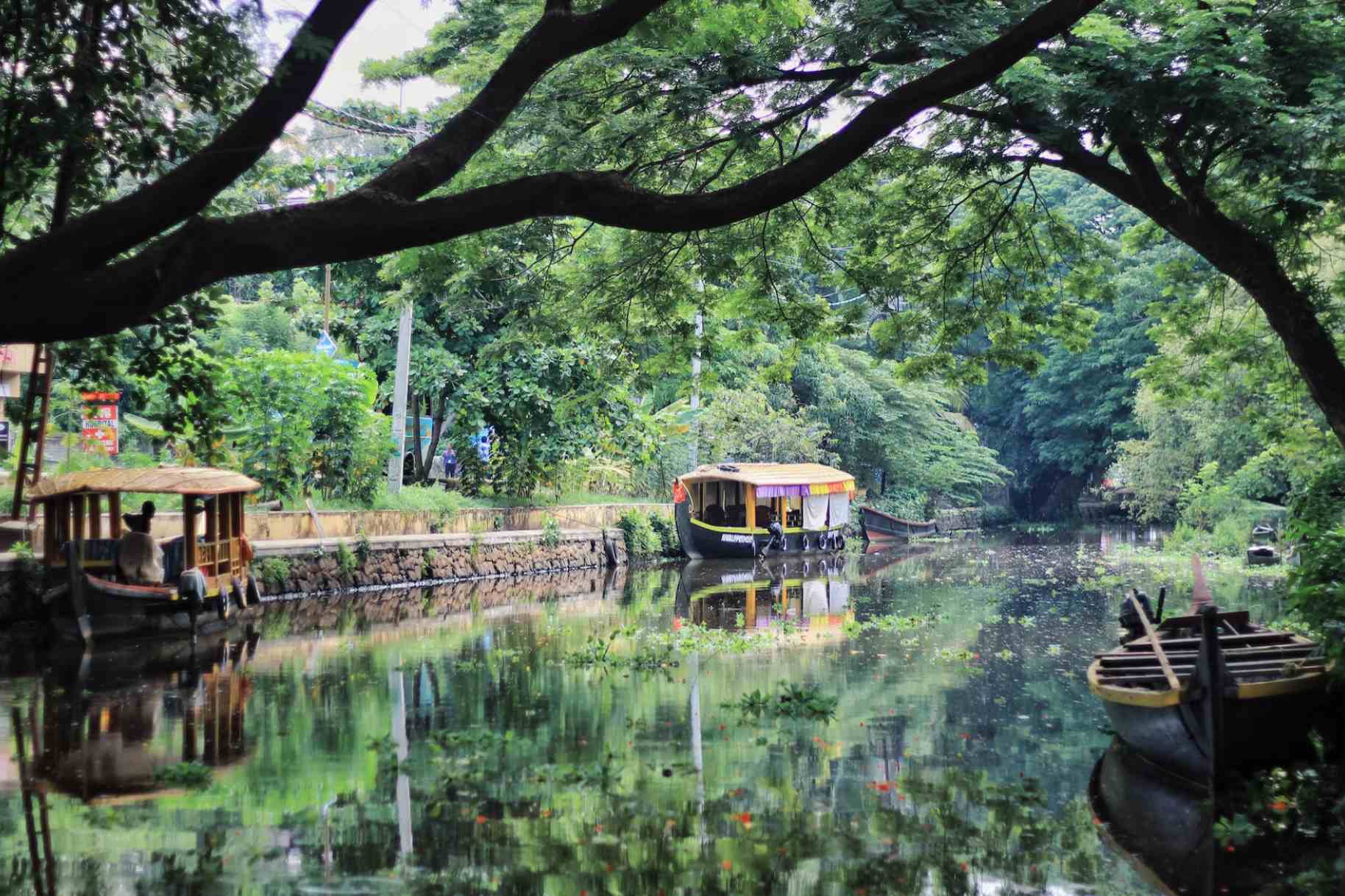Combatting plastic waste in India: How the Travel Industry and Individuals can make a difference
India is facing a plastic waste crisis. The country generates approximately 9.46 million tons of plastic waste every year, and only about 60% of it is collected. The rest ends up in landfills, rivers, and oceans, causing significant environmental damage.
One of the major contributors to India's plastic waste problem is the lack of proper waste management infrastructure. Many cities and towns do not have adequate facilities for the collection and disposal of plastic waste, leading to indiscriminate dumping and littering. Additionally, there is a lack of public awareness and education about the proper disposal of plastic waste.
Another significant contributor is the widespread use of single-use plastics, such as plastic bags and straws. These items are often used for a few minutes and then discarded, leading to a large amount of plastic waste.

PC:
The Indian government has taken steps to address the issue, such as implementing a ban on certain single-use plastics and promoting the use of biodegradable alternatives. However, more needs to be done to address the root causes of the problem, including improving waste management infrastructure, increasing public awareness and education, and promoting the use of sustainable alternatives to plastic.
The travel industry in India is also contributing to the country's plastic waste problem. Many hotels and restaurants continue to use single-use plastic items such as plastic water bottles, straws, and cutlery. Tour operators and airlines also contribute to the problem by using plastic packaging for in-flight meals and providing plastic-wrapped amenities.
However, there are efforts being made to address this issue in the travel industry. Some hotels and resorts have started to implement policies to reduce the use of single-use plastics, such as offering guests the option to refuse unnecessary plastic items and promoting the use of reusable bottles. Some airlines have also pledged to reduce their use of single-use plastics and to switch to more sustainable alternatives.

It is important for the travel industry to continue to take steps to reduce their use of single-use plastics and to promote sustainable alternatives. This not only helps to address the plastic waste problem, but it also demonstrates the industry's commitment to environmental responsibility and can appeal to eco-conscious travelers.
As a traveler, there are several ways you can contribute to reducing plastic waste:
Bring your own reusable water bottle and refill it at water stations instead of buying disposable plastic bottles.
Pack a reusable straw, or opt to drink without one.
Avoid using single-use plastics such as plastic bags, cutlery and cups. Bring your own reusable bags, containers and utensils.
Choose accommodations and tour operators that have implemented policies to reduce plastic waste.
Support local initiatives and businesses that promote sustainable alternatives to plastic.
Dispose of plastic waste properly and appropriately.
Educate yourself and others about the impact of plastic waste on the environment and the importance of reducing consumption.
By taking small steps to reduce your own plastic consumption and supporting sustainable practices, you can help to make a positive impact on the environment and contribute to the global effort to reduce plastic waste.
In conclusion, India's plastic waste problem is a significant environmental concern that requires immediate attention. The government, industry, and citizens must all work together to address the issue through improved waste management, education, and the promotion of sustainable alternatives to plastic.
P.S : Always remember to leave no trace while you travel and choose eco-friendly stay options.
Disclaimer: All images used on this blog are believed to be in the public domain or have been labeled for reuse with modification. However, if any image is mistakenly posted without proper credit or permission, please contact us immediately and the image will be removed or credit will be provided to the rightful owner. And also we would like to mention that, as per the legalised privacy policy, you need to seek our permission before copying any original content from our website.



























































































































































































































































